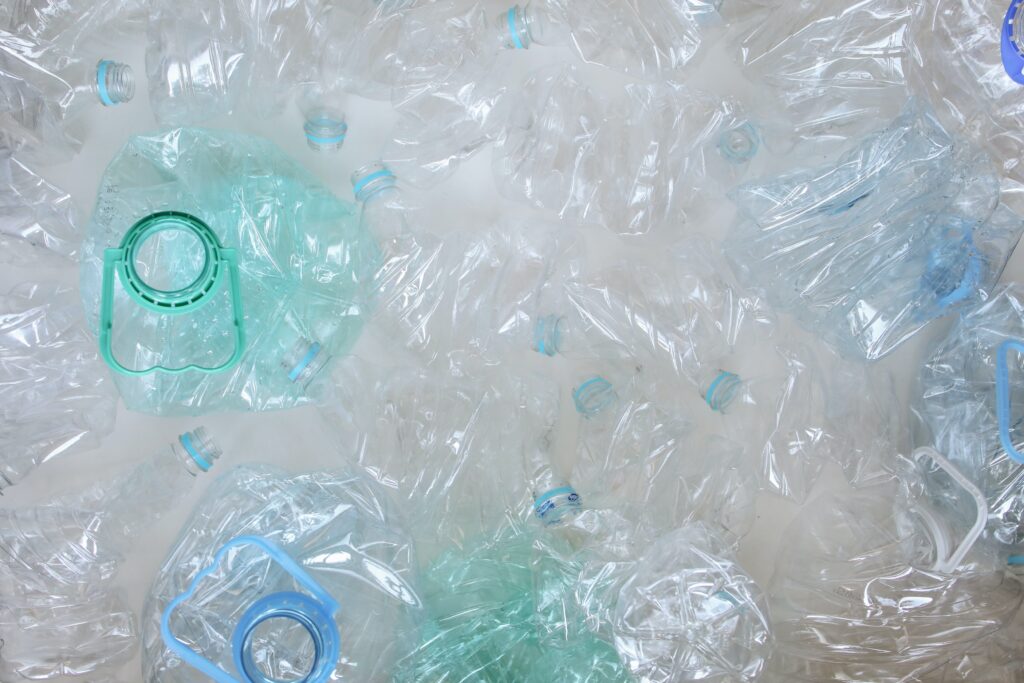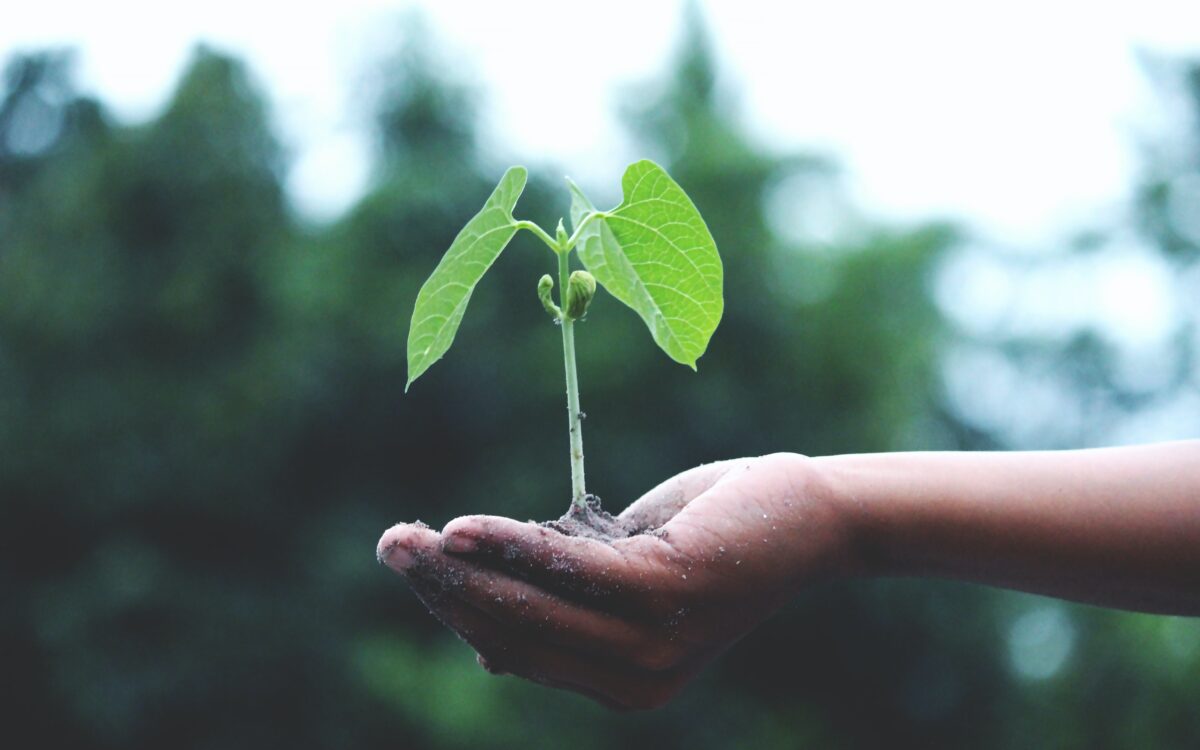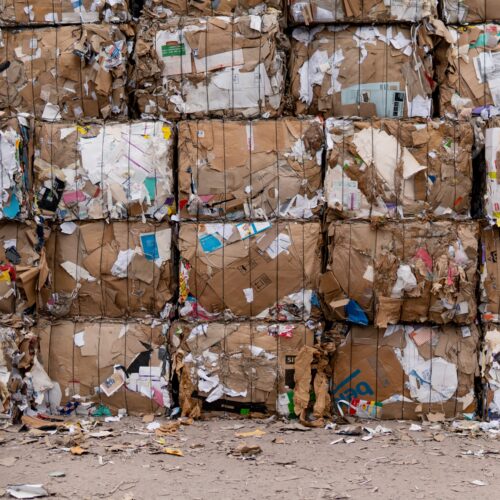Orkla is a large Norwegian conglomerate that delivers various products within different business areas such as household, pharmacy, bakery, and more. Orkla has a clear and pronounced goal of making sustainable development a significant focus area. Orkla Home & Personal Care (OHPC) has been running an innovation initiative focused on sustainable solutions.

The “Påfyll” project was established in 2018, inspired by the development of the Klar series, which offers more sustainable solutions, and to address the “plastic problem” associated with packaging that creates environmental impacts that Orkla, as a supplier, wanted to address.
The objective of “Påfyll,” which later evolved into “Essentials,” was to “provide smart, simple, and sustainable solutions that make single-use packaging unnecessary.
The Essentials project involves a change in the business model, emphasizing more circular and sustainable solutions. It is a collaborative project, with the innovation companies Bakken & Bæck and Æra involved. The project aims to create better and simpler solutions for end-users, offering zero-waste options and making refilling more convenient for consumers. Both the packaging itself and its usage will be part of the project, but equally essential is the delivery, ordering, and logistics involved. Essentials aims to provide cleaning products as a service, operating similarly to a “subscription service.” Consumers will subscribe and order through a mobile app, where home dispensers equipped with identification tags facilitate the delivery of new products and the collection of empty containers as part of the system.
What driving forces would you emphasize as crucial for initiating the project?
- Growing awareness of environmental issues and the need for sustainable solutions: Orkla, as a supplier of consumer goods, aimed to take responsibility for reducing the environmental footprint caused by plastic and disposable packaging.
- Customer demand and consumer trends: Consumers increasingly prioritize sustainability and are willing to support more environmentally-friendly products and services, motivating Orkla to explore sustainable business models.
- Innovation and technological opportunities: The development of the Klar series, offering more sustainable options, likely inspired Orkla to explore similar concepts and expand their product range with more eco-friendly alternatives.
Value creation is essential in all projects, including this one. Which key dimensions do you consider central to deem this project successful?
- Sustainable differentiation: The project aims to offer sustainable and environmentally friendly solutions that stand out from traditional single-use packaging products. This can attract a segment of conscious consumers and contribute to increased market share.
- Increased customer loyalty: Through a subscription-based system and a mobile app for ordering and delivery of products, Orkla can build strong customer relationships and create a convenient and seamless experience for consumers. This can lead to increased customer loyalty and repeat purchases.
- Waste reduction and resource efficiency: By providing refilling and recycling of packaging as part of the service, the project can help reduce waste and resource usage. This can be a source of cost savings and more efficient use of materials.
How would you, in a simply way, describe the project’s business model innovation?
The project’s business model innovation involves offering cleaning products as a service through a subscription-based system. Consumers can order and receive products through a mobile app. Home dispensers are equipped with identification tags that enable automatic refilling and exchange of empty packaging. This creates a more circular and sustainable solution by eliminating the need for single-use packaging and providing more convenient and straightforward alternatives for consumers.
Can you, based on the short description above, propose some success criteria and success factors for this project?
Some success criteria and success factors for this project could be:
- Increased market share for sustainable cleaning products: The project can be deemed successful if it manages to attract a significant share of consumers who prioritize sustainable products and services.
- Reduction in plastic packaging usage and waste volume: Success can be measured by evaluating the actual reduction in plastic packaging usage and the amount of waste generated through the project.
- Customer engagement and satisfaction: High customer engagement, demonstrated through subscription rates and positive feedback, may indicate that the project has succeeded in providing valuable and sought-after content.
- Financial sustainability: The project must also be financially viable, achieving expected revenue and cost savings to be considered successful.
If you were challenged to create a proposal for impact goals and project objectives for this project, based on the available information, what would your suggestion be? How would you justify it?
Impact Goals:
- Reduce plastic packaging usage by X percent within one year.
- Increase the market share of sustainable cleaning products by Y percent within two years.
- Decrease the amount of waste generated by cleaning products by Z percent within three years.
Project Objectives:
- Launch a functional and user-friendly mobile app for ordering and delivery of cleaning products within six months.
- Implement identification tags in dispensers for automatic refilling and exchange of packaging within nine months.
- Achieve 1,000 subscribers within one year after the app’s launch.
This case is taken from the book “Verdiskapende Prosjektledelse” – 2022, 2. Edition, by Torgeir Skyttermoen og Anne Live Vaagaasar.




